
A Guide to Filming and Photography Permits for the National Park System
Let’s cut through the red tape and dispel some of the myths around getting permits to shoot photos on public land. It’s impossible to cover all of the scenarios in one article. But we are going to at least give you the basics for federal lands, which then trickle down into state and county properties.
Along the way, we’ll highlight some special permits that give you more privilege than the common visitor, as well as discuss some restrictions with flying and photographing with a drone. We’ll start with National Parks’ stand on photography and commercial filming.

Permits for Photographers in National Parks
Still Photographers are in luck. You only need a permit for photography in a National Park if:
• The activity takes place at location(s) where or when members of the public are generally not allowed.
• The activity uses model(s), sets(s), or prop(s) that are not a part of the location’s natural or cultural resources or administrative facilities.
• The park would incur additional administrative costs to monitor the activity.
So this means if you are heading out into one of our National Parks with a 600mm f/4 lens and camera body to discover that Sasquatch does still exist, you are golden. Just pay the entrance fee to your park of choice (if your park charges an entrance fee, of course).
Let’s say, however, that you are shooting a super model in Yellowstone for an advertisement along the Madison River. This model is dressed in a long, flowing, white, evening gown and you have a crew of 5 people to deal with the 3 strobes, makeup, a hoard of interrupting mosquitoes, a dress that keeps getting caught on shrubbery and all while it happens to be the hottest day of June, after a monsoon rainstorm, and the bugs are chowing on every single warm blooded thing they can find (not a true story…maybe). Well, for that you need a permit!
This kind of permit will set you back $50-$250 per day, depending on how many people you hired to swat those mosquitoes off of the super model.

Commercial Filming/Video Permits for National Parks
Commercial filming and video is a completely different story within the National Park System. Commercial filming is defined as film, electronic, magnetic, digital, or other recording of a moving image by a person, business, or other entity for a market audience with the intent of generating income. So if you are intending on selling any of the footage that you are recording with your camera, plan on needing a permit to create it.
Even non-commercial filming may require a permit. A permit is necessary when the park system needs to manage your activity to protect park resources and values while minimizing conflict between user groups or to ensure public safety. Examples of non-commercial filming include, but are not limited to, filming for tourism bureaus, convention and visitor bureaus, and student filming. However, if you decide to turn on your camera to capture some motion footage of, say, bears walking down the road, you probably will not need a filming permit.
Obtaining a commercial filming permit is a pretty simple application. The fees begin at $150 per day and can rise to $750 if you are traveling with a large crew and/or are needing the park management’s help.
Photography Workshop Permits
You need a permit to conduct a photography workshop within a National Park. Workshops require a Commercial Use Authorization or CUA. It requires the holder to conduct all business related activities, like lectures, marketing, etc., outside of the park itself, but allows tours into the park to capture photos.
The fees and applications for CUA vary by park. Some are simple and some will want your second born in addition to your first. The fees also vary greatly. Some parks charge as little as $100 to as much as $600. In addition, you will pay a percentage of your gross receipts from that workshop to the park system at the end of the year (typically 3%).

Insurance and Liability for Photographers
Regardless of the aforementioned permit types, you will need general liability insurance. Each permit could potentially require different amounts of that insurance as well. Most policies insure companies for a million or more and I have never had an issue needing more than what my agent has recommended.
The workshop business model also possesses a completely different problem when it comes to liability insurance. Most insurance carriers look at photography workshops as guided activities – like fly fishing or backcountry skiing. Thus, they either won’t insure your business for photography workshops or they’ll charge a ton of money to do so.
I ran into this problem this year when we bought our first house and got a new insurance agent to look over all my policies to cover the new property. After researching the insurance dilemma, I found an Allstate Agent in Utah who is a photographer and knew the ins and out of workshop liability insurance. Within an hour I was insured better than imagined, but it also had a limit as to how much of my income was generated from photography workshops. Luckily I fit into that limit.

Special Use Permits
This is where the fun begins! Beyond photography, videography, and workshop permits, the park system may also issue permits for special uses.
For example, Zion issues a certain amount of backcountry permits for users to hike the entirety of the Narrows Canyon. It begins about 20 miles up valley from the Temple of Sinawava. The permit allows the holder to camp inside of the canyon overnight and explore its entirety over a 2 day period. Grand Teton National Park issues backcountry camping permits so visitors can explore hundreds of miles within the actual Teton mountain range. And the catalyst for this entire article was a permit for a self-guided snowmobile trip into Yellowstone National Park.
Basically, a lottery system allows users to apply for a series of dates to access Yellowstone in winter via the use of their own private snowmobile. One permit is available for each entrance of the park for every day that over-snow travel is permitted (typically Mid-December through Mid-March of each year). Each permit allows 5 snowmobiles per group, so this makes it a great day of fun with friends and family.

The self-guided snowmobile permit also allows you to go anywhere you want within the park. Users have to take an online course, pass an online knowledge test, and then either own or rent a 4-stroke snowmobile. If you don’t feel up to spending a day snowmobiling in the park, you can jump on a private snowcoach. Imagine the monster truck of your youth now taking you around Yellowstone to see the park basically privately!

If you’re into photography like I am, having private access via snowmobile or private snowcoach is a dream come true. See a hunting winter fox? Just pull over and start photographing. You may be thinking that if too many people learn about this, it could ruin the winter splendor of places like Yellowstone. Know that there are strict limits as to how many people and companies can access the park in winter. You will really only have to see lots of other people if you happen upon something extremely photo-worthy, like 8 wolves blocking the road before sunrise while everyone is entering the park.
Many special use permits are now available online through the Recreation.gov website. You will be pretty floored with the variety of locations available to explore.

Drone Rules and Regulations in National Parks
Since we are talking about permits and legalities of photographing in our parks, it’s a good idea to touch on some of the drone misconceptions out there.
Drones are not allowed in any of our National Parks. Some parks hire commercial drone operators to manage and survey areas but just know that for the rest of us, drones are a no-go.
Contrary to popular belief you do not need a license to operate a drone. If you are a hobby photographer who likes to shoot aerial photos, you can buy a drone and shoot to your heart’s desire. You need a commercial drone license if you are going to sell what you shoot or want to get hired to do so.
If you have a private pilot license and that license is current, you can take an online course with the FAA to have a commercial drone ticket added to your private certificate. If you have a private pilot license and your skills are not current via a biennial flight review, then you need to either get current or take a written test and pass that test to receive a commercial drone license. This test is administered by approved FAA testing facilities located throughout the U.S. There are numerous online courses to help you prepare for the multiple choice test. I really like the one offered by Drone Launch Academy. Once you have passed the FAA exam you can begin to charge for your time when operating a drone.

As a licensed drone pilot you still cannot fly in our National Parks unless you are specifically contracting with the park. The license allows you to approach a park for contract work. You will also need liability insurance whenever you fly a drone for revenue. My insurance agent turned me onto an app called Verifly. It allows you to immediately add liability insurance for a specific drone shoot on the spot. You can change liability amounts, flight distances, and durations for coverage. Then add additional insureds and print out or send a Certificate of Insurance once paid. This is the perfect coverage for any photographer who isn’t flying every day for money. Prices are as low as $10 per instance. Verifly also shows your current location on a GPS map within the app, which you can change if your flight area is in a different location or later in the day.
Conclusion
Hopefully we answered many of your questions regarding the various permits required within our National Park System. As well as touching upon some special uses that you may not have known about. Remember, state and county-protected lands will probably require you to obtain a similar permit if you are charging for your services as a photographer.
The permitting systems in place in our National Parks exist so that everyone who visits can enjoy our natural resources. With a little effort and a little bit of insurance you can gain access to a massive amount of protected resources during different times of year. This gives you an amazing opportunity for unique imagery and footage.
4 Comments
-
Rachel
Hey there,
Alyssa, if you are just taking a picture of yourself to post on your personal social media with no profitable gain, you are okay. Photography in National Parks crosses the line when you are a professional photography making funds off of the park. That’s why you need a permit. A bunch of legal stuff goes into it. Additionally, you can not take pictures at a national park then promote your business or a product. It looks like the park is favoring you and is a partner with you when national parks are public lands. If you are still worried about the situation call a Park Ranger at the Visitor Center. Just talk to them about what you want to do and if it will be okay. They normally know about permits needed or they know who to contact. As long as you are not making a profitable gain by getting paid from taking pictures of clients or from promotion for your business or a product, I think you should be fine.
-
Alexandria Huff
Potentially, yes. On stock sites you would need a model release for yourself so if it’s a “professional” shoot and you’re in a similar scenario that’s described above (set pieces, costuming, using park as backdrop) then whether you’re the model for your own shoot or someone else is the model might not matter much to the park and fining could happen without a permit. But the operative word here is “could”. Definitely depends on the exact situation – contact the park first. If it’s a casual blog thing then it might be fine.
-
Alyssa
So could you possibly take a picture of yourself in a national park and post it to social media or your blog. Or will you be fined since you would be considered the model?
Comments are closed.




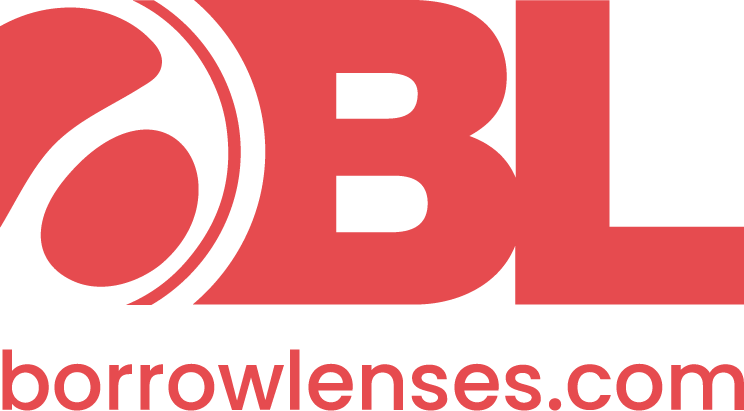
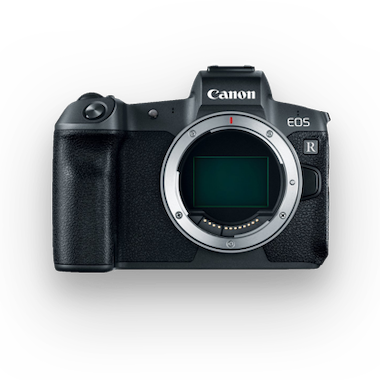
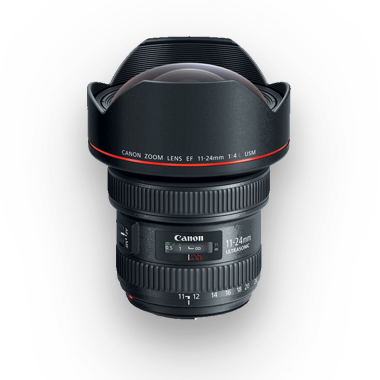
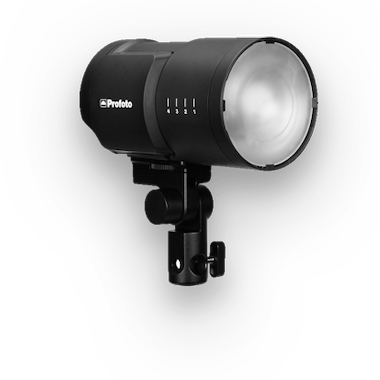
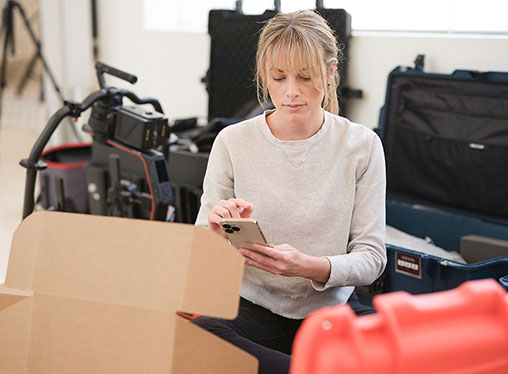
Tony Loro
Woo hoo!
https://www.msn.com/en-us/movies/news/national-park-service-can-e2-80-99t-require-permits-and-fees-for-commercial-filming-judge-rules/ar-BB1d5740